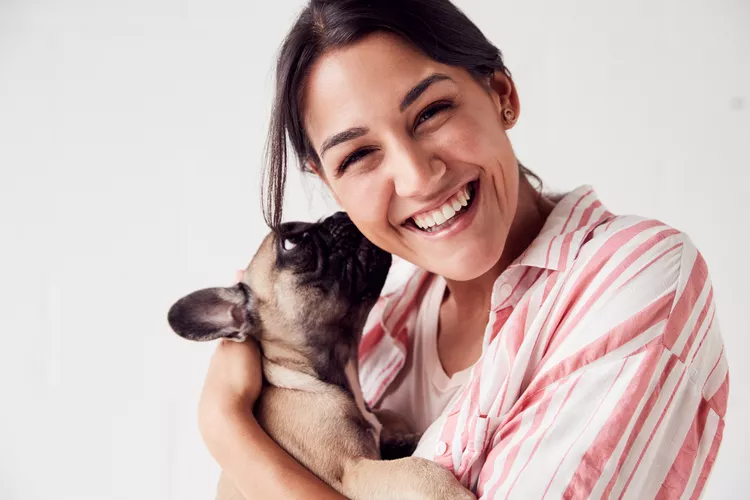
Any dog owner will tell you, dogs can have some quirky behaviors. Things like obsessively devouring socks, trancing under curtains and houseplants, compulsively barking at reflections and light, and yes, even licking your ears. Though ear licking can be a seemingly strange behavior, it's a relatively benign behavior for your dog to develop. So if you're a little weirded out and wondering, "why does my dog lick my ears?", read on for a few possible explanations.
Dogs can become infatuated with ear licking for a variety of reasons. All dogs, whether they are a hairless Chinese crested or a stocky Neapolitan mastiff, are descended from wolves, which are pack animals. Wild animals that live in packs or family units often have complex social structures and just as complex social behaviors to reflect that structure. Oftentimes grooming one another is one of these behaviors that helps give the unit structure.
We've all had that itch we just can't quite scratch. While humans can take care of that hard-to-reach spot with a mass-produced back-scratcher, animals can't. For pack animals or those that live in family units, this is where grooming behavior can come in handy. Almost in a literal "you scratch my back and I scratch yours" exchange, animals in family or pack-structures will groom other animals in areas that otherwise may be difficult to reach. While our ears aren't particularly difficult of an area to reach, your dog may lick your ears as a way to thank you for all the ear scritches you bestow upon them.
In wolves, dogs, and other canid species, grooming can be a sign of submissive respect. A wolf of a lower social rank may groom a wolf of a higher rank as a way to show that animal that they submit to their rank and authority in the pack. Your dog may lick your ears as a way to show that they respect you as a valued and high-ranking member of their family unit. This is especially likely to be the case if you see other classic submissive behaviors, such as crouching down low, exposing their soft belly, and tucking their tail.
Dogs will also groom one another as a way to communicate that they are feeling contented, safe, and that they care for whomever they are grooming. When you dog licks your ears they may just be trying to tell you that they love you and are comfortable when you are around. You can know your dog is licking your ears for this reason if they have a soft face (that is, no tense muscles along the brow line or the muzzle) and relaxed body positioning.
We all know that dogs explore their environment with their noses. It's why they make such great search and rescue animals. What some folks don't realize, though, is that dogs also explore with their mouths. Tasting their world can give them information they may not get from a simple sniff. This is just one reason why puppies like to chew on your furniture, shoes, and even electrical cords. If your dog is infatuated with licking your ears they may just be trying to glean some information about where you've been or what you've been doing.
It's no secret—dogs like to eat some foul things. This can include things like earwax. As gross as it may sound, some dogs just like the taste and the saltiness of earwax. Your dog may like to lick your ears regardless of how clean they may actually be, because, for them, it's delicious.
One final reason your dog may suddenly become obsessed with ears is an underlying medical issue. If another pet in your home gets an ear infection, the smell of their ears can change. Your dog can pick up on this change in smell, which can lead to them investigating the offending odor. It can also stimulate them to lick the ears of the other animal in the same way that your dog will want to lick their own wounds.
For something that's oftentimes relegated to a simple behavioral quirk, there are countless reasons you dog may want to lick your ears. Usually, though, ear licking is simply that: a behavioral quirk.

75 Unisex Cat Names
Our gender neutral cat names perfect for your feline friend, with a diverse selection of fun and inclusive options to fit your pet's disposition.
Why Does My Cat Stink?
Is your cat stinky? Find out about the causes of bad odors in cats and when it is something to be concerned about. Learn how to help your stinky cat.
Signs of Rabies in Cats
Rabies is a fatal and contagious virus that can affect cats. Learn about the signs of rabies in cats and what to do about them.
Can Cats Eat Dog Food?
Can cats eat dog food? In small amounts, it's unlikely to be a problem, but long-term feeding of dog food to cats can cause health issues and malnutrition.
Exploring the Different Types of Pet-Friendly Beaches
Are you looking for pet-friendly beaches? Learn about the different types of pet-friendly beaches, their locations, and tips for visiting them with your pet.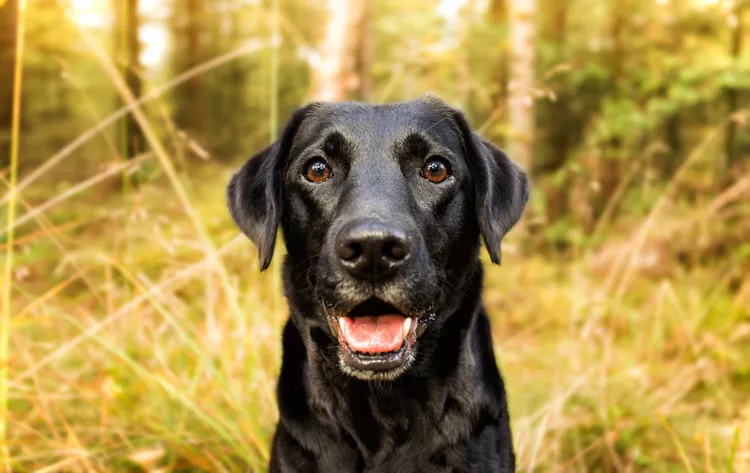
Pulled Muscles in Dogs
A pulled muscle is one of the most common injuries seen in dogs. What can you do if your dog pulls a muscle and how can you prevent it?
Fibrosarcoma in Cats
Fibrosarcomas are potentially fatal soft tissue tumors that can occur in cats. Learn the causes, treatment, and prevention.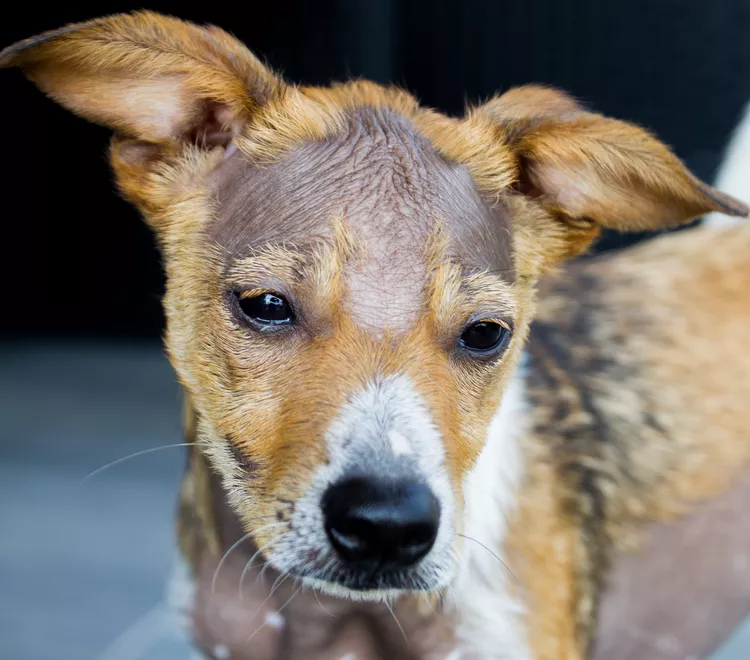
Alopecia in Dogs
Alopecia leads to hair loss and bald spots in dogs. Some breeds may be more at risk. Learn common causes, treatment, and prevention of dog alopecia.
Is Acetaminophen Safe for Dogs?
Acetaminophen is used by humans for pain and fever relief, but is it safe for dogs? Here's what you need to know before giving your dog acetaminophen.
Can Dogs Eat Almonds? Understanding the Risks and Guidelines
Can dogs eat almonds? While a couple likely won't hurt, it's best to avoid feeding your dog this nut. Learn the risks here.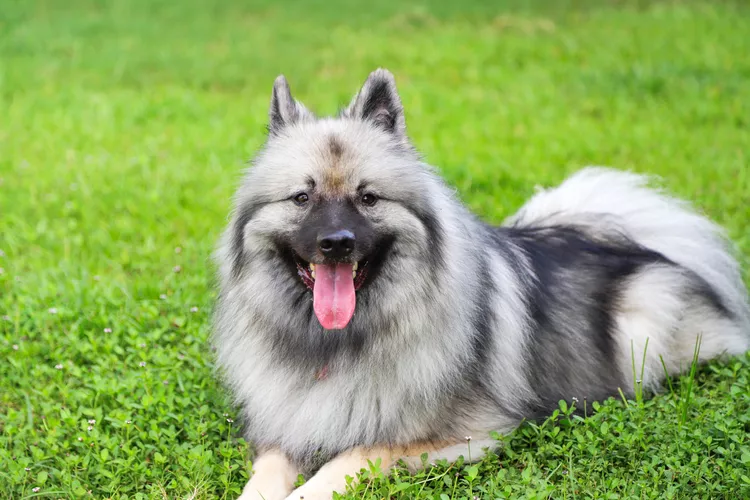
Keeshond: Dog Breed Characteristics & Care
Learn about the keeshond dog, also known as the Dutch Barge Dog. This fluffy spitz breed was bred to guard, but also makes a friendly companion.
Is Rosemary Safe for Dogs?
Rosemary is used both for cooking and as a supplement with many reported health benefits in people, so you may be wondering if it is safe to give to your dog. Rosemary is considered non-toxic for dogs but with some caveats.
7 Hybrid Cats Breeds
Hybrid cat breeds can make appealing pets since they look more exotic than domestic house cats, but they aren't for everyone.
The Best White Cat Breeds to Keep as Pets
Several breeds can result in white cats with long or short hair. Find out the pros and cons of these white cat breeds.
11 Cute Pictures of Ragdoll Cats
Ragdoll cats are known for their beautiful coats and bright, blue eyes. Learn all about the breed, and check out some cute pictures here.
7 Reasons Why Your Cat Eats Paper, and How to Stop It
Is your cat eating paper? Learn why your cat is doing this, and find out how to put a stop to it.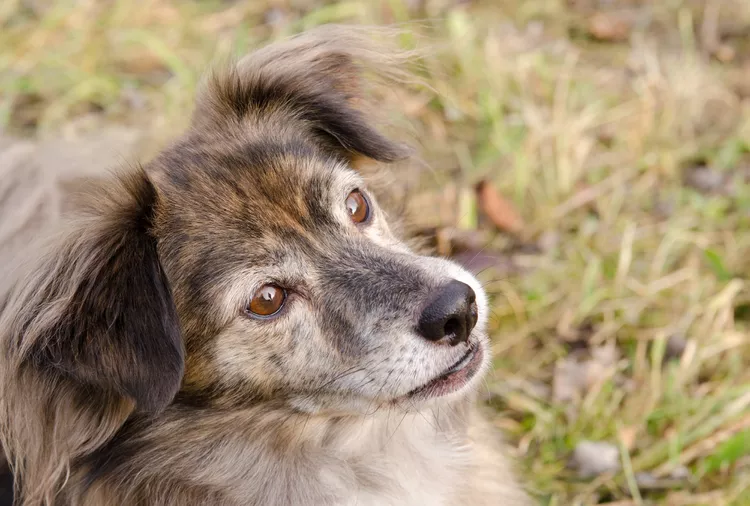
Feist: Dog Breed Characteristics & Care
Feists are small, short-haired dogs developed to hunt squirrels and catch vermin. These high-energy, affectionate pooches make great companion animals.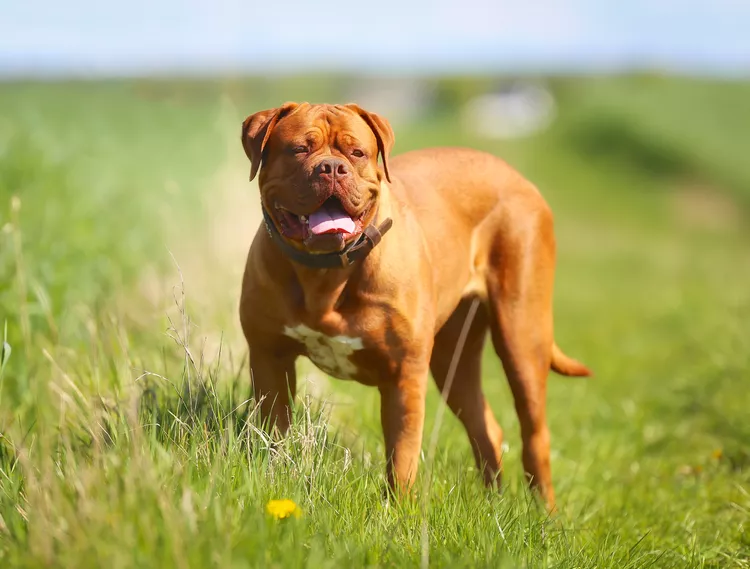
Dogue de Bordeaux (French Mastiff): Dog Breed Characteristics & Care
Learn about the Dogue de Bordeaux, also called the French mastiff. Although large and muscular, they’re known for their calm and gentle personality.
How to Stop Your Dog From Fearing Men
Many dogs have a phobia of men. Learn how to help your dog overcome its fear through desensitization and training while keeping everyone safe.
Why Dogs Eat Poop and How to Stop Them
Is your dog eating poop? Some dogs do this because of stress or illness. Learn how to prevent stool eating, or coprophagia, in dogs.